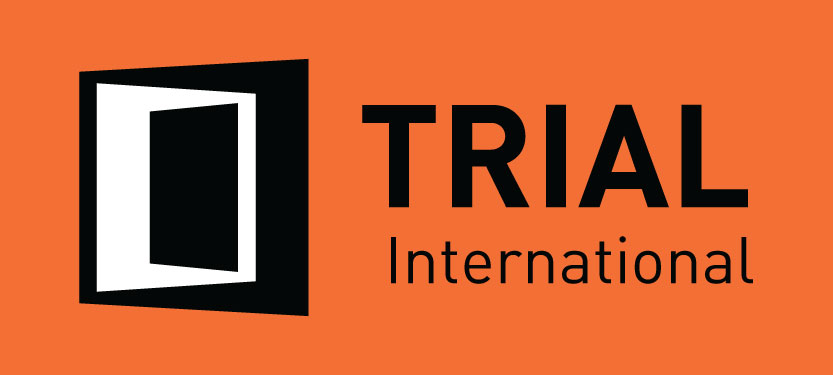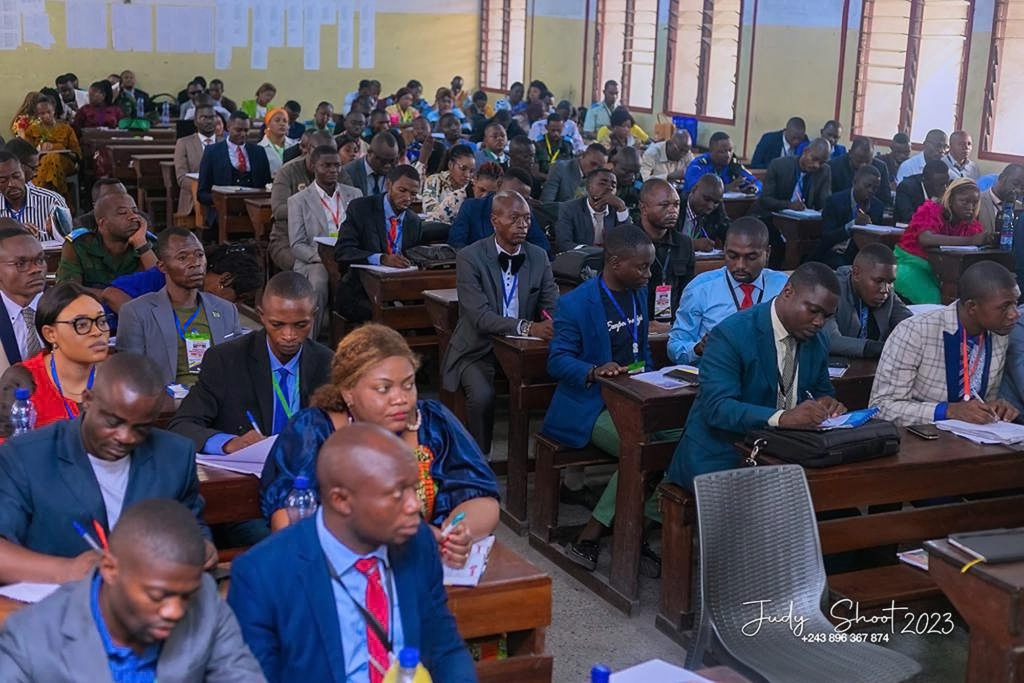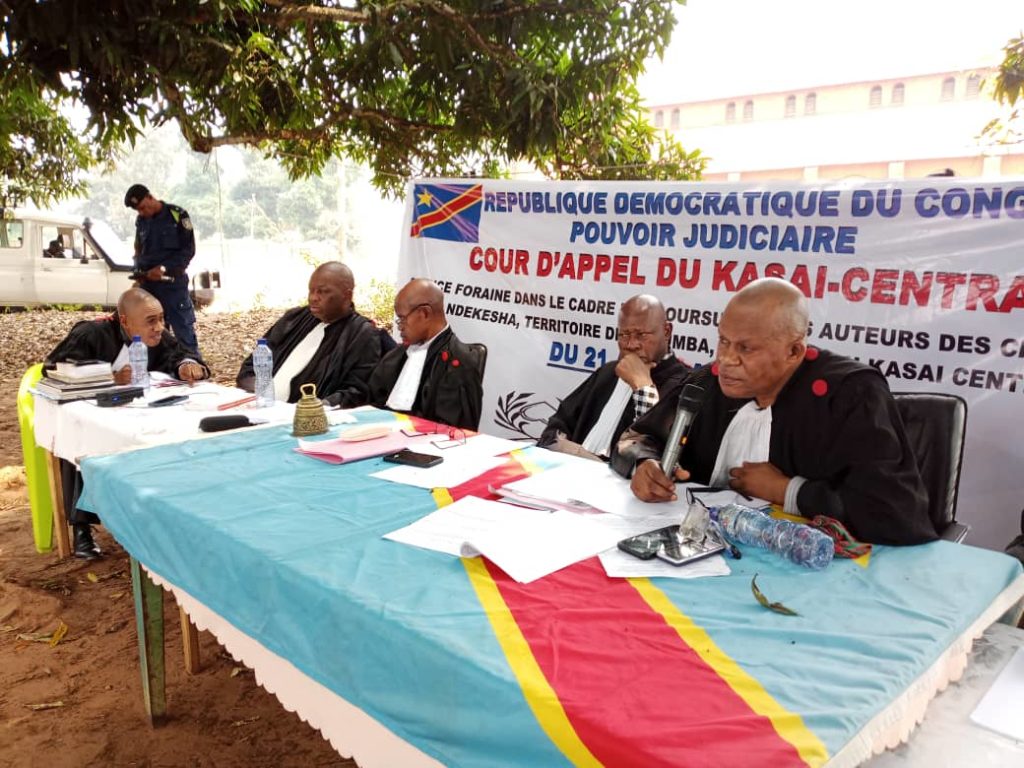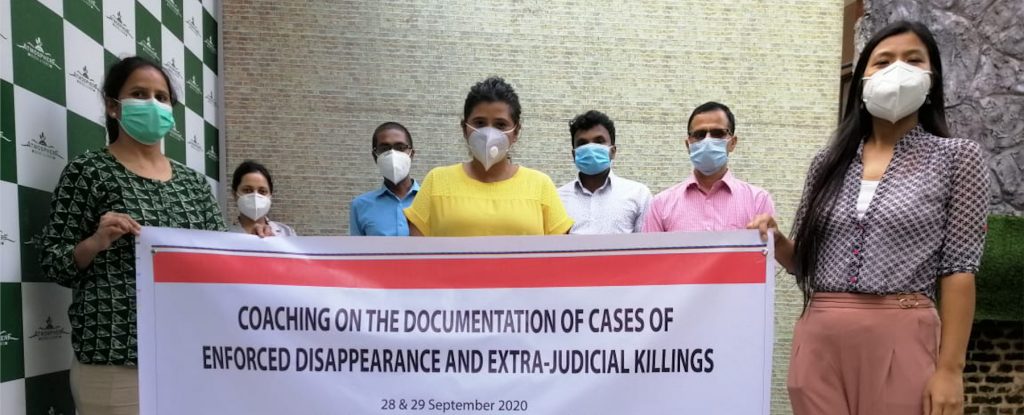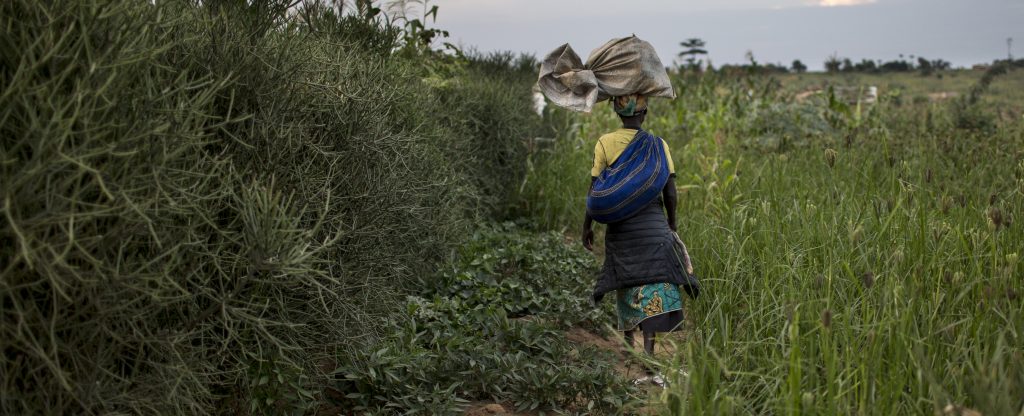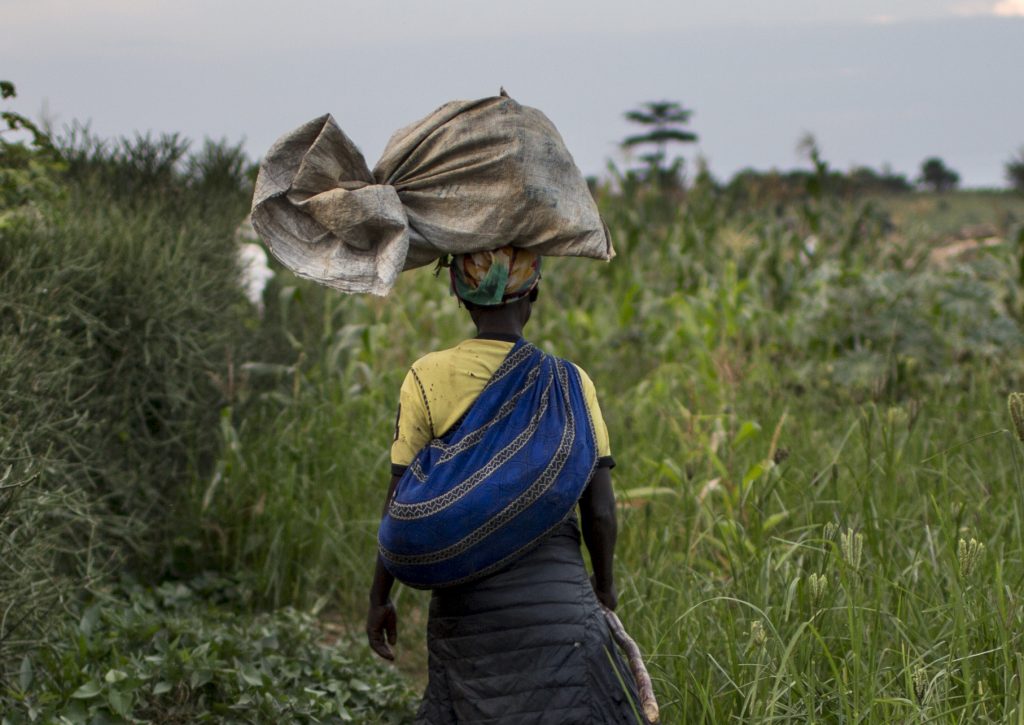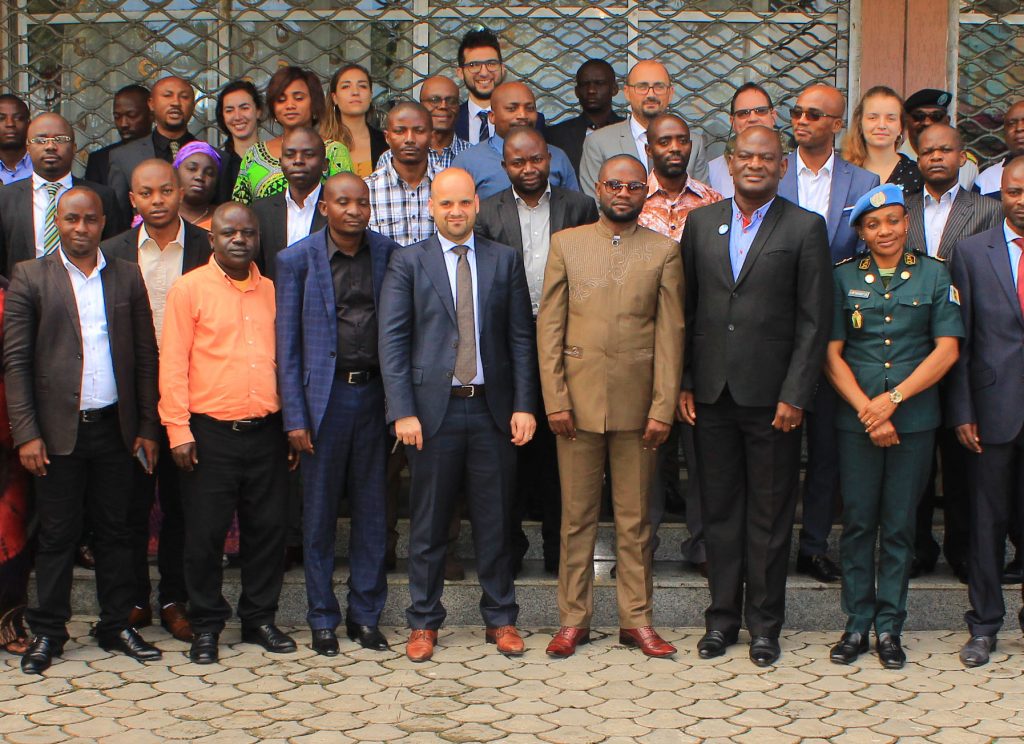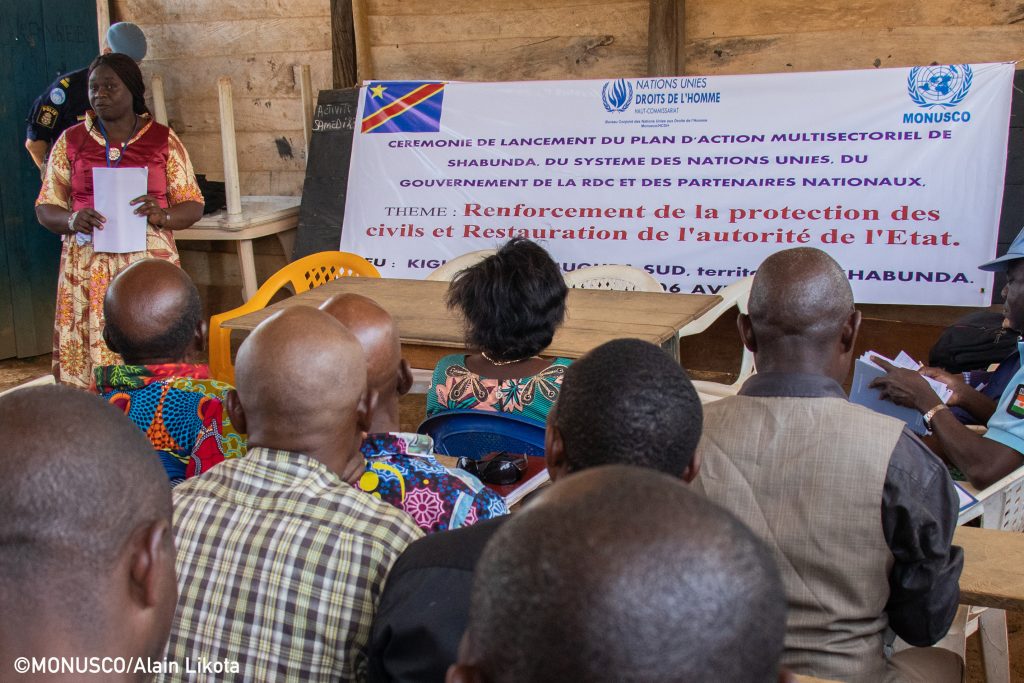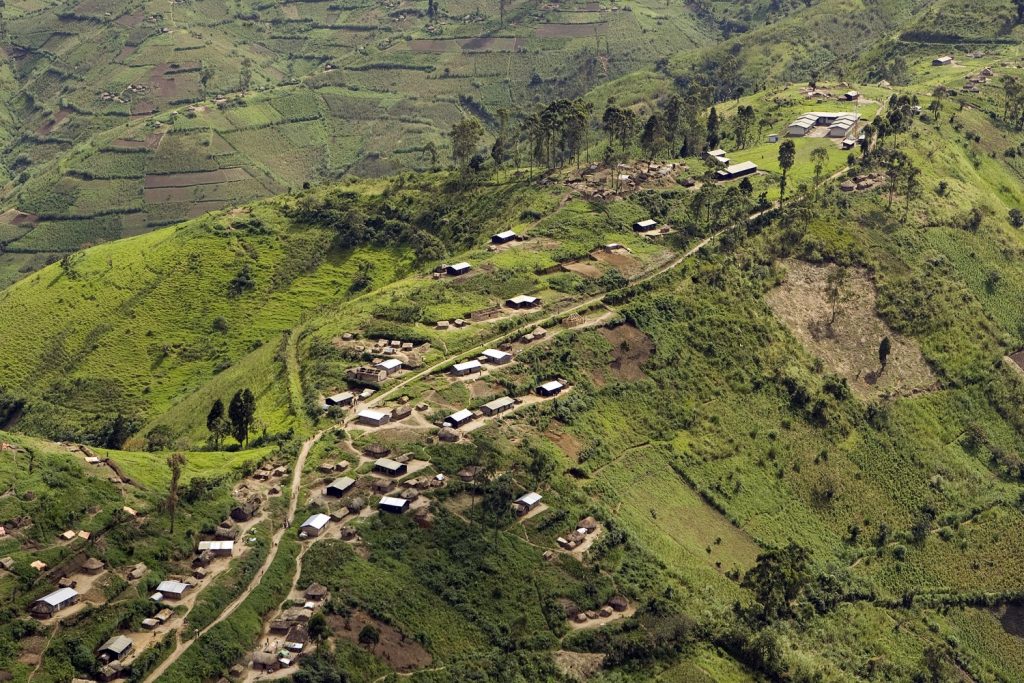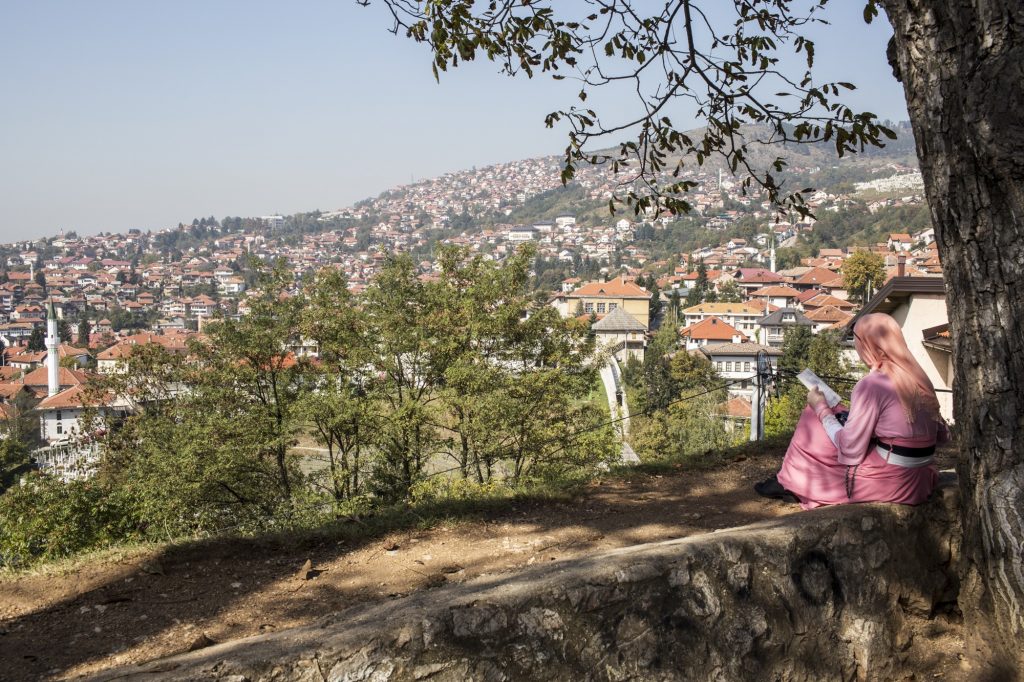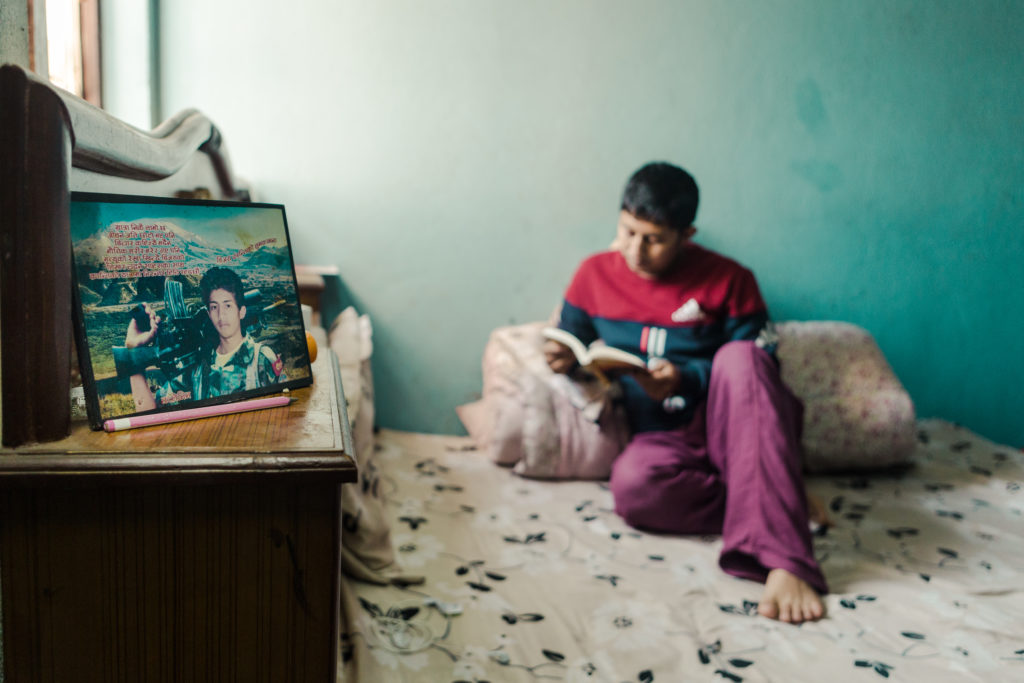Two Congolese lawyers testify
For the second year in a row, 8 Congolese lawyers underwent personalised legal training for a year. From theoretical classes to practical exercises, two participants look back on their experience.
TRIAL: Can you please introduce yourselves and explain how you heard about the training?
Ms Ghilaine Bisimwa Naweza: I am a lawyer at the Bar of Bukavu since 2010, specialising in human rights. I am also a member of the Association of Congolese Women Lawyers of South Kivu, which defends and promotes human rights in the region. I had already received training from TRIAL International through this association relating to the documentation of sexual violence. I found it very concrete, so I applied for the year-long training as soon as I heard about it.
Mr Jerry Ntondo Zahinda: I have been a lawyer in Bukavu for almost ten years. I am also a specialist in human rights, so I have done a lot of work related to access to justice and reinforcing the national judiciary system. I heard about this training through a friend working for the ICRC in Bukavu. I was immediately interested by the contents of the training and its methodology, based on the study of specific cases.
What challenges do you face in your work as a lawyer?
Ms Ghilaine: There is not only one but many difficulties, and they are mutually reinforcing. At the end of the training, I began to appreciate the degree to which judges are insufficiently trained with regard to international legal instruments. Even when a lawyer invokes them on behalf of a client, judges limit themselves to examining internal norms without any reference to provisions of international law, no matter how applicable these may be.
Mr Jerry: Indeed, national legal texts have serious shortcomings. The Congolese legal arsenal is fragmented and not adapted to the country’s legal realities and practices. You can even find legal texts that contradict one another! We also face difficulties when trying to meet with victims due to poor transport infrastructure and because some routes are unsafe.
Ms Ghilaine: Lawyers are also discouraged by the reigning double standards. Powerful individuals continue to escape justice. Clientelism and influence peddling remain strong, and regular escapes from prison counteract our efforts.
As part of the training you had to work on real cases. Can you tell us more about these?
Mr Jerry: I defended victims in the Mutarule trial. Three military leaders were accused of attacking the village of Mutarule, pillaging houses and committing a dozen murders. Thanks to TRIAL’s guidance, I was able to improve my legal analysis and enrich it with international jurisprudence. From a psychological point of view, the support of an NGO is reassuring, because the trial was marked by very high tension. TRIAL’s support gave me the courage to be significantly more proactive. The judges have yet to pass their judgment, but the fact alone that a trial of this kind was able see the light of day is a victory for us.
Ms Ghilaine: I was given the case of the young Stella (real name withheld), raped at 13 by a judge. Her case had been at a stalemate for over a year because the investigating magistrate was reluctant to pursue his colleague. TRIAL’s training helped me create a precise questionnaire for the victim and thereby obtain more incriminating evidence. We also explored new possibilities for gathering evidence. Thanks to our efforts, a trial began before the Court of Appeal in Bukavu.
How did the training change your way of working?
Ms Ghilaine: Before the training, I had worked on a rape case, but I did not know what questions to ask the victim. Another time, women who had been victims of sexual slavery called on me, but I had no answers to give them. I am now better armed to approach victims in a respectful manner, all the while obtaining incriminating evidence.
Mr Jerry: Before, I did not have the knowledge to refer to the African Commission on Human and People’s Rights or UN bodies. Several of my cases met the eligibility criteria, but I did not know where to begin. I now also know how to invoke the provisions of the ICC Statute, which I will be able to apply during war crime trials.
